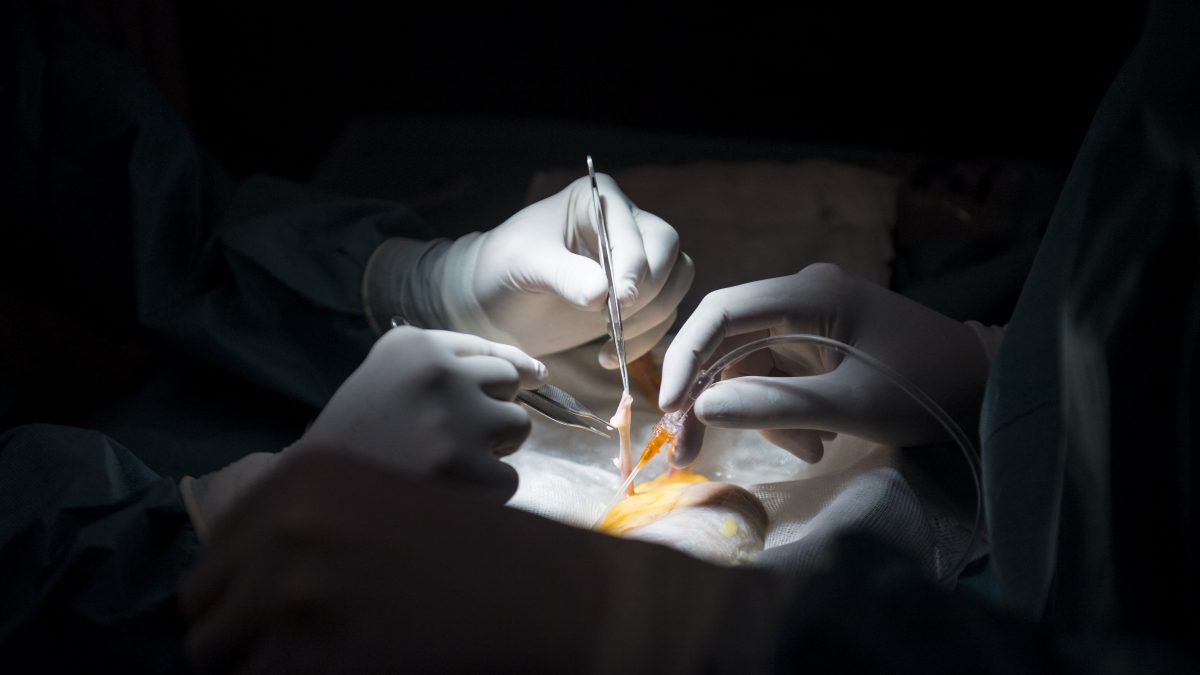The Supreme Court of India issued a set of directions on Tuesday to the union and state governments aimed at tightening India’s organ transplantation framework and addressing disparities in how states regulate organ donation.
A bench comprising Chief Justice of India (CJI) BR Gavai and Justice Vinod Chandran shed light on major inconsistencies in the implementation of the Transplantation of Human Organs and Tissues Act, 1994 (THOTA), particularly its 2011 amendments.
The top court noted that while the 1994 Act, formulated after extensive consultation, was ratified by all States and listed under Entry 6 of the State List of the Constitution, several States have yet to adopt the 2011 amendments and associated regulations intended to streamline transplant procedures.
The CJI observed that “Karnataka, Tamil Nadu, and Manipur have not yet adopted the revised rules while Andhra Pradesh was yet to implement the 2011 amendments.” The court acknowledged progress in Karnataka, which passed a resolution on August 21, 2025.
“We therefore request all the States who have not implemented the rules to take into consideration importance of the issue and adopt the act and the rules,” the court said.
The Bench also expressed concern over regions such as Manipur, Nagaland, and the Andaman & Nicobar Islands and Lakshadweep, which still lack State Organ and Tissue Transplant Organisations (SOTOs), bodies crucial to the national transplantation framework.
“We request Union to take on board all States and evolve guidelines for donor welfare including live donors and to ensure they are cared for. To ensure commercialisation and exploitation of donors does not happen,” the court added.
Quick Reads
View AllHighlighting inconsistencies in organ allocation, the bench stressed that disparities exist across caste and gender lines. “It is submitted that in the absence of a national policy, transplants cannot be done even if donors are available,” the court said.
It directed the union to set up SOTOs in Manipur and Nagaland and instructed the Secretary of Public Health to personally oversee compliance. It also called for model allocation criteria to address caste and gender disparities, along with uniform donor standards nationwide.
To protect live donors, the court asked the Union government to draft guidelines in consultation with the National Organ and Tissue Transplant Organisation (NOTTO) and the petitioner. It also instructed amendments to birth and death certificate forms to record brain death and whether families were given the option to donate organs.
“We request Union in consultation with NOTTO and petitioner organisation to amend forms 4 and 4A of birth and death so that it shows if death was due to brain death and if yes then if option to donate organ was given or not,” the court directed.
The hearing also touched upon organised crime in organ procurement.
CJI Gavai noted that Justice Chandran had warned him about “mafias operating when roadside accidents happen.” Solicitor General Tushar Mehta referenced the Malayalam film Joseph and its Hindi remake Apne, which show organ trafficking rings exploiting accident victims.
)